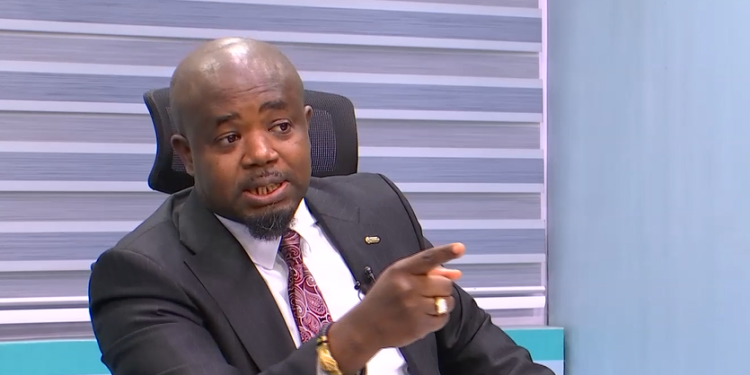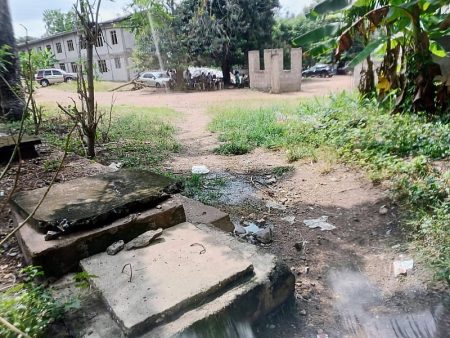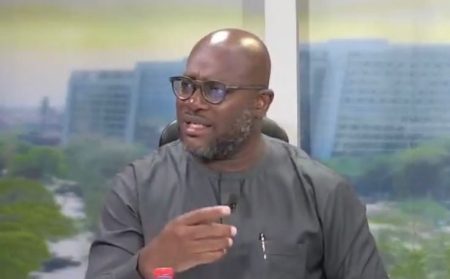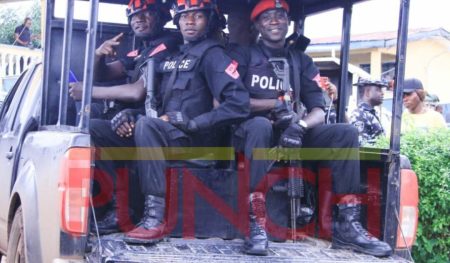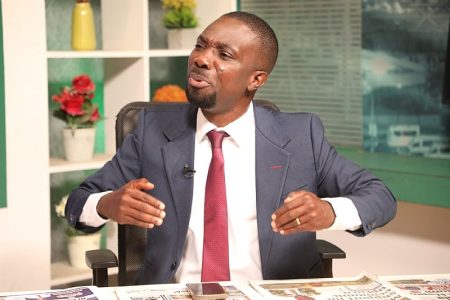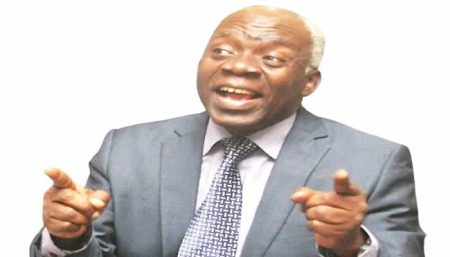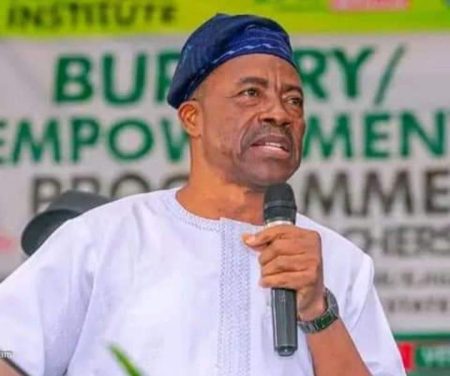The controversy surrounding the government’s response to the tragic deaths of young members of the Saviour Church in the Ashanti Region has sparked a heated debate in Ghana. The Director of Legal Affairs for the National Democratic Congress (NDC), Godwin Eduzi Tameklo, has vehemently refuted allegations that the government failed to adequately acknowledge the loss of these young lives, dismissing the claims as baseless and misleading attempts to politicize a national tragedy. Tameklo urged Ghanaians to rely on verifiable facts rather than engaging in speculative narratives that seek to undermine the government’s genuine concern and efforts to address the unfortunate incident.
The heart of the contention stems from accusations leveled by members of the opposition New Patriotic Party (NPP), who claim the government’s response to the Saviour Church accident, which claimed the lives of sixteen young people, paled in comparison to the attention and recognition given to the eight individuals who perished in a military helicopter crash in the same region. This perceived disparity in response has fueled accusations of selective empathy and preferential treatment based on political affiliations, further exacerbating the already sensitive situation. Tameklo, however, maintains that such comparisons are not only unwarranted but also deeply disrespectful to the victims and their grieving families.
The tragic road accident involving the Saviour Church members occurred on the Kumasi-Accra Highway, instantly transforming a journey of faith into a devastating scene of loss and sorrow. The incident triggered an outpouring of grief and sympathy from across the nation, with numerous individuals and organizations extending their condolences and expressing solidarity with the bereaved families. The calls for a thorough investigation into the circumstances surrounding the accident have also gained momentum, as the nation seeks answers and accountability to prevent similar tragedies in the future.
While the government’s official response may not have satisfied everyone, dismissing it as a complete lack of acknowledgement is a misrepresentation of the situation. The government expressed condolences and initiated investigations into the accident. However, the timing and manner of the response might have been perceived as inadequate, especially when compared to the more immediate and pronounced response to the military helicopter crash. This perceived difference in response fueled the accusations of insensitivity and selective empathy. It’s crucial to acknowledge the complexities surrounding government responses to tragedies, which often involve navigating logistical challenges, prioritizing immediate needs, and coordinating with various agencies.
The political dimension injected into this tragic event underscores the delicate balance between genuine empathy and opportunistic exploitation of grief for political gain. While holding the government accountable for its actions and responses is crucial in a democratic society, it’s equally vital to refrain from politicizing human suffering and exploiting tragedies for partisan advantage. Such politicization can not only deepen the pain of the affected families but also erode public trust in both the government and the political opposition.
In the wake of these tragic events, the focus should remain on supporting the grieving families, conducting a thorough and impartial investigation to determine the causes of the accidents, and implementing measures to prevent similar occurrences in the future. Engaging in politically charged accusations and counter-accusations serves only to distract from the real issues at hand and hinder the healing process for the affected communities. The nation must unite in its grief and work together to prevent future tragedies rather than allowing political divisions to further polarize an already sensitive situation.





